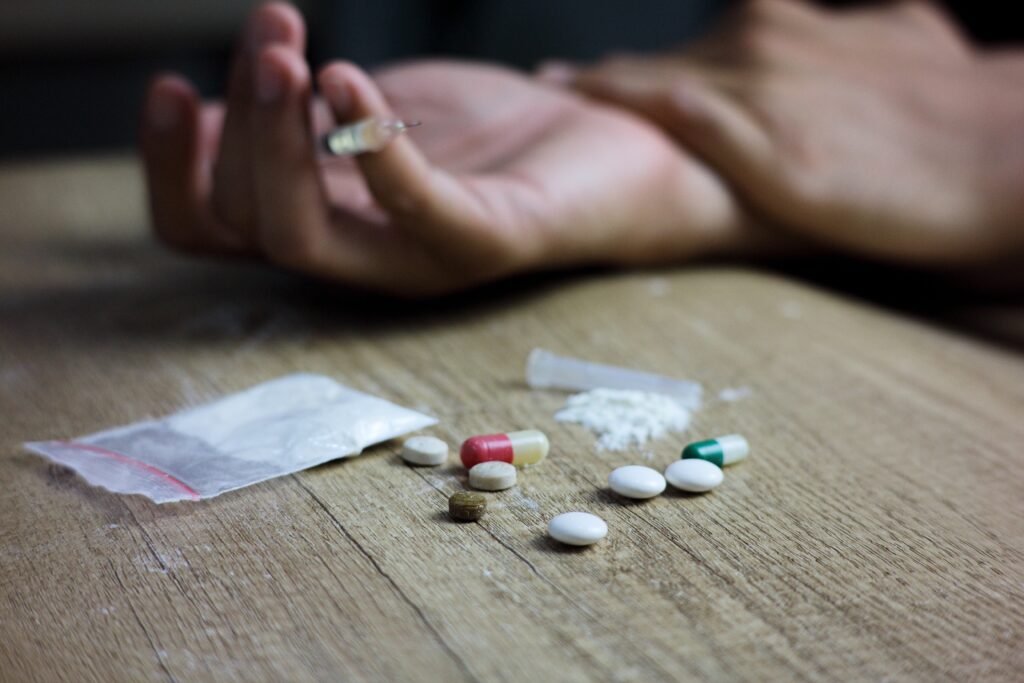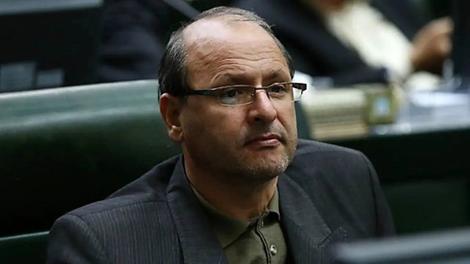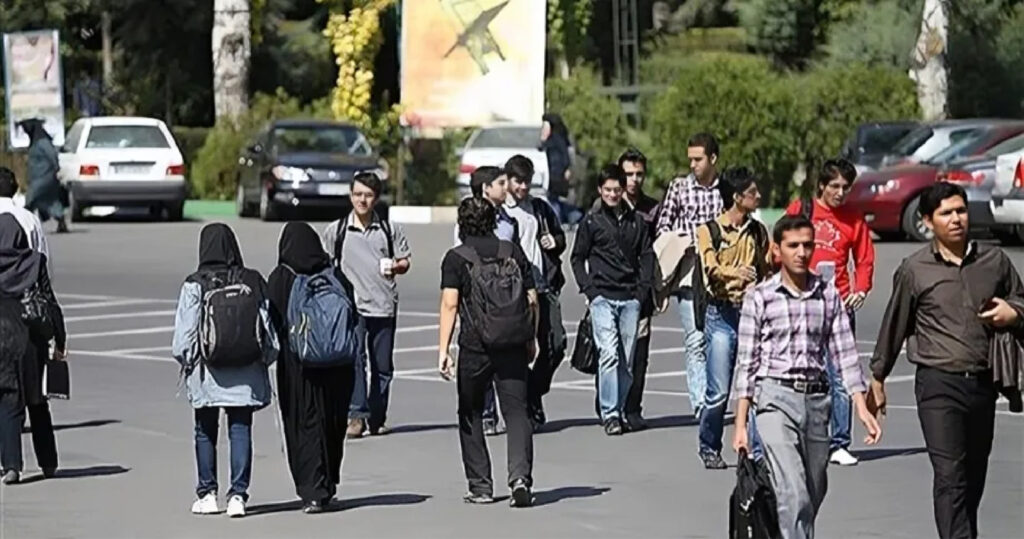
Preconditions for Economic Reform
In an editorial published in Arman Daily, Hadi Haq Satash, an economic expert, discussed the complexities of economic reform, likening it to a medical procedure. He began by stating that the current president, being a surgeon himself, is more familiar with the terminology associated with economic surgery than his predecessors. Satash added that just as in a medical operation, the success of an economic overhaul depends on stability. The patient, in this case the economy, must first reach a stable condition before any drastic measures are taken. He emphasized that pressures on the economy must be reduced and a normal state must be restored for a successful economic operation to take place.
The editorial noted that, unfortunately, previous attempts at economic reform in Iran have not followed this principle. Satash pointed out that since December 2010, when gasoline prices were increased as part of the economic operation, and in subsequent reforms, including the most recent one involving the removal of the 4,200 toman exchange rate, the primary result has been price hikes. While some reforms temporarily reduced smuggling, inflation ultimately brought everything back to its original state. The same pattern was observed in bread prices, where an increase in price was justified by the need to improve bread quality and prevent its use as animal feed. However, these measures were far from the comprehensive reforms that could be called a true economic operation.
Yet the editorial emphasized that Iran’s economic challenges cannot be resolved solely through price mechanisms. While price adjustments, such as raising gasoline or bread prices, may provide temporary relief, they do not address the root causes of the country’s economic problems. Satash called for more comprehensive, well-planned reforms that take into account non-price tools and address inflation, budget deficits, and currency instability. Only then, he argued, can Iran achieve lasting economic stability and growth.
The Economic and Geopolitical Costs of Zangezur
In an editorial written by Ali Bigdeli for Jahan-e Sanat, the issue of the Zangezur Corridor is analyzed from two key perspectives: economic and geopolitical. Bigdeli, an experienced political analyst, raised the issue of the economic dimension first, noting that Turkey is a driving force behind the creation of the Zangezur Corridor. Turkey, having lost its role in collaborating with the European Union and Arab countries, now seeks to establish a transit route through Nakhchivan and the Zangezur Corridor to export goods to Azerbaijan and from there to Central Asia, Afghanistan, Pakistan, and even India and China. This, Bigdeli argued, was one of the hidden factors behind recent talks between President Putin, Azerbaijani President Ilham Aliyev and Turkish President Recep Tayyip Erdoğan, signaling economic ambitions behind the political maneuvering.
The editorial discussed that beyond economics, the Zangezur Corridor also holds geopolitical significance. Bigdeli explained that Armenia’s growing distance from Russia and closer alignment with Europe, particularly following Prime Minister Pashinyan’s recent visit to France, has made Armenia more open to Western influence. Given that France has traditionally supported global Christian communities, and Armenia is moving closer to Europe, there is a broader concern about NATO’s potential involvement in the region. According to Bigdeli, Armenia, Georgia and Azerbaijan have shown interest in this potential NATO presence, which in turn has worried Russian President Putin. The editorial noted that the South Caucasus has historically been within Russia’s sphere of influence, and Putin is determined not to allow NATO to encroach upon this strategic area. As a result, Russia has supported the creation of the Zangezur Corridor as a way to maintain its connections with Armenia, Azerbaijan and Turkey, which, although a NATO member, still shares certain interests with Russia in this context.
In discussing Tehran-Moscow relations, the editorial noted that all countries prioritize their national interests, and Iran should take note of this. Bigdeli remarked that Putin, in an urgent visit, sought to secure the goodwill of Azerbaijan, Armenia and Turkey to prevent NATO from gaining further influence in the region. The editorial argued that Iran should learn from this, emphasizing the need for Tehran to put its national interests at the forefront rather than doggedly adhering to the “Look to the East” strategy, which has not led to the expected economic breakthroughs.
The editorial reminded readers that Iran’s unwavering reliance on the East has not brought economic prosperity. If this strategy had been effective, the last few decades of insistence on aligning with the East would have resulted in economic growth, which it has not. The editorial called for a reevaluation of Iran’s strategic priorities, urging the country to pursue its national interests in a more pragmatic and balanced manner.
National Economy and the Destructive Role of Political Takfiri Groups
In an editorial penned by Nasser Zakeri for Shargh Daily, the author discussed the growing influence of political extremism, particularly in how it mirrors the violent behavior of religious Takfiri groups, and its detrimental impact on Iran’s national economy. Zakeri opened the article by highlighting that Takfiri ideology, originally a religious concept, has seeped into political spaces. The political version of Takfirism is characterized by an uncompromising sense of self-righteousness, where its adherents consider themselves the sole bearers of truth and deem any differing opinion as fundamentally flawed or corrupt. This uncompromising attitude is not only divisive but also destructive to the nation’s progress, especially in the realm of economics.
The editorial noted that one of the key problems with political Takfirism is that it does not merely target opponents; it extends its wrath even toward those who are ideologically close. The moment these individuals or groups express even minor dissent, they are subjected to harsh attacks and effectively “excommunicated” from the political or social discourse. This relentless pursuit of ideological purity severely limits the scope of policy-making and hinders potential allies from contributing to national progress.
Zakeri added that this mindset has pervaded influential decision-making centers in the country, leading to policies that have stifled economic growth. The editorial raised the issue of self-imposed restrictions or “self-sanctions” in key industries, such as tourism. Despite Iran’s vast cultural and historical wealth, which could have attracted significant international tourism and generated substantial income, the hardline political factions have resisted developing the sector, viewing open cultural exchange as detrimental to national interests.
The editorial also discussed recent debates in Iran’s Parliament during the vetting process for new ministers in the 14th government, where Zakeri noted how ministers’ qualifications are often overlooked in favor of ideological tests. Representatives raised objections to candidates based on their failure to use certain politically charged language or condemn specific events. The editorial criticized this focus on political rhetoric rather than evaluating a minister’s experience and skills, which Zakeri argued undermines the government’s ability to make sound, informed decisions.
In academia, Zakeri highlighted the tragic consequence of this political extremism, where competent scholars are sidelined in favor of less qualified individuals who support the ruling ideology. This has a corrosive effect on educational standards and the nation’s overall intellectual capital. In government and business sectors, the editorial noted that the same pattern is seen, where leadership roles are increasingly filled by individuals who lack the necessary knowledge or expertise but have the right political connections.
In conclusion, Zakeri warned that this rigid and exclusionary approach is having a profoundly negative impact on the country’s development. The dominance of political Takfirism is not just a political issue, but a threat to Iran’s economic future, stifling innovation, competence, and meaningful progress across all sectors of society.
Uncertainties Regarding the Relocation of the Capital
A Setar-e Sobh editorial by Secretary-General of the Society of Former Parliamentarians Yadollah Eslami critiqued the longstanding issue of transferring the capital from Tehran, highlighting that the city’s numerous problems — like water shortages, air pollution, and traffic congestion —are deeply entrenched and cannot be solved overnight. He pointed out that while multiple governments have proposed relocating the capital, these plans have consistently fallen off the agenda.
The editorial questioned the logic behind President Masoud Pezeshkian’s recent suggestion to move the capital near the coast, asking for the expert basis of this statement. He argued that if a move is inevitable, it is essential to consider the studies conducted before and after the revolution, noting that Tehran’s current predicament stems from the clustering of resources and facilities in one overburdened location.
The editorial referred to a pre-revolutionary study titled “Setiran”, which recommended relocating industries and populations near the Gulf due to the region’s climate and water shortages. Although this plan is still accessible, Eslami stressed the need for updates to accommodate changes in demographics and industrial infrastructure. Instead of focusing on moving the capital, he advocated for a “sea-centered” development policy that would be more cost-effective and easier to implement.
The editorial argued that revisiting and updating previous scientific and expert-driven plans is far more practical and realistic than undertaking the massive and expensive task of relocating the capital. He also called for strengthening social capital, restoring public trust, and grounding decisions in global experience and research. Furthermore, he emphasized the importance of adhering to geographical realities and avoiding politically motivated decisions in setting up industrial facilities.
The editorial raised an important question about the politically influenced decision to relocate the Mobarakeh Steel Company from Bandar Abbas (as originally planned before the revolution) to Isfahan. This, he argued, caused severe water shortages and contributed to the drying of the Zayandeh Rud River, underscoring how misguided policies can have detrimental long-term effects.

Drug-related Deaths in Iran Surge

A data-mining investigation by Radio Farda reveals that drug abuse is responsible for approximately one in every 70 deaths in Iran. According to the 2023 Cultural and Social Report, nearly 6,500 drug-related deaths were recorded by the country’s forensic authorities, marking the highest figure in the past five years.
When compared to the total death rate in Iran, it is estimated that 1.5% of all deaths in the country last year were due to drug misuse. The Civil Registration Organization reported that 442,182 death certificates were issued in 2023, making it the highest death toll in Iran since the COVID-19 pandemic (2020-2021).
Forensic reports classify drug-related deaths into four categories: drug overdose, stimulant overdose, mixed substance overdose, and opioid overdose. More than half of these fatalities are attributed to opioid poisoning, including drugs like methadone, which is commonly used in Iran and sometimes leads to accidental deaths. For instance, in the first four months of 2024, four children in Khorasan Razavi Province died from opioid poisoning.
Following opioids, mixed substance overdoses, stimulants, and traditional narcotics are the next leading causes of death. Popular drugs include opium and its derivatives, such as heroin, while stimulants like crystal meth (shisheh) and cocaine are also widely abused. Estimates suggest that around one-third of Iranian drug users are addicted to crystal meth.
Member of Parliament: We Give Missiles and Drones to Russia, and We Receive Soybeans and Corn in Return

A member of the Iranian Parliament, Ahmad Bakhshayesh Ardestani, has detailed Iran’s strategy for its economic and political collaboration with Russia. According to Ardestani, Iran exports drones and missiles to Russia as part of this cooperation. In return, Russia helps Iran bypass international sanctions, with Iran importing a significant amount of its goods from Russia, including soybeans and corn.
Ardestani explained that during President Rouhani’s administration, efforts to align with Western countries did not yield significant results. Consequently, Iran shifted its foreign policy focus towards China and Russia, especially following the re-imposition of sanctions. This strategic pivot necessitates a “Look East” approach in Iran’s foreign policy.
He emphasized that for Iran to meet its import needs, particularly for soybeans and wheat, it must engage in barter trade with Russia. This barter system involves sending missiles and drones to Russia in exchange for essential agricultural products. Ardestani argued that while European countries and NATO support Ukraine with weapons, Iran’s provision of military equipment to Russia aligns with its strategic interests and helps in circumventing sanctions.
The Oil Money That Should Have Benefited the People Has Instead Ended Up in the Pockets of the Mafia. 9% of the Revenue From Each Oil Tanker Ends Up in the Pockets of “Aghazadehs”

Despite many governments coming to power with the promise of bringing oil revenues to the Iranian people, recent reports suggest that these revenues are often funneled into the pockets of oil mafias or used in dealings with China and some privileged individuals. According to recent statements by Gholam-Ali Jafarzadeh Iman-Abadi, a former Parliament member and advisor to presidential candidate Masoud Pezeshkian, Iran sells its oil to China at a 30% discount below global prices, and 70% of the revenue does not contribute to the national currency reserves.
Jafarzadeh Iman-Abadi claims that 9% of the revenue from each oil shipment ends up with influential figures — or Aghazadehs — a Persian term that refers to a person who is considered to be a “son of a high-ranking person” or someone who is born into a wealthy or influential family, who benefit from sanctions.
He also highlights that Iran provides significant discounts on oil, impacting domestic sales and increasing China’s monopoly over Iranian oil purchases. Reports from Reuters support this, indicating that China has saved $10 billion by purchasing oil from sanctioned countries like Iran and Russia, receiving at least a $15 discount per barrel.
The situation is further complicated by the fact that China often pays Iran with goods rather than currency due to US sanctions. This barter system, which has become prevalent due to US threats against China, exacerbates Iran’s economic challenges.
Concerns about oil mafia involvement are not new. Mahmoud Khaghani, an energy expert, notes that previous governments have acknowledged the presence of oil mafias but failed to address the issue effectively.
Reports have indicated that these mafias exploit sanctions for profit, contributing to widespread corruption in the oil sector.
The combination of extensive discounts and a complex network of intermediaries helps Iran navigate sanctions but also empowers the oil mafia, undermining national interests. If current trends continue, the influence and power of the oil mafia are expected to grow, further diverting oil revenues from benefiting the Iranian people.
92% of Iranians Are Dissatisfied With the State of the Country

A recent survey on the state of Iran reveals significant public dissatisfaction, with 92% of Iranians expressing unhappiness with the current conditions. The study, titled “Wave 4 of the National Survey on Values and Attitudes of Iranians,” collected data in November 2023 and assessed various issues including the current state of the country, environmental risks, personal safety, and job security.
The survey highlights several major concerns among respondents: inflation and high prices are viewed as the most pressing issue, cited by 81.9% of participants. Unemployment follows at 47.9%, while addiction is noted by 26.9%. Other issues include economic and administrative corruption at 13.1%, housing problems at 12.1%, and the hijab issue at 11.9%. Challenges like youth marriage (10.7%), divorce (7.1%), water scarcity (5.7%), and law enforcement (4.7%) also feature prominently. Additionally, 4.2% of respondents pointed to restrictions on freedom of expression and the press, and 2.6% highlighted pollution, dust, and particulate matter as significant problems.
Regarding the current state of the country, 61.6% of respondents believe that improvements are possible through reforms, 30.2% feel the situation is irreparable, and 8.2% consider the current state acceptable. Regional disparities are also notable; residents of West Azerbaijan show the highest level of pessimism, with 40.1% believing that the country cannot be improved. Kurdistan follows with 37.9% expressing similar views.
Sociologist Simin Kazemi noted that the low percentage of people who find the current situation acceptable underscores widespread dissatisfaction. She linked this discontent to low voter turnout in the first round of the 2024 presidential elections, warning that escalating frustration could lead to more severe political and social crises.
